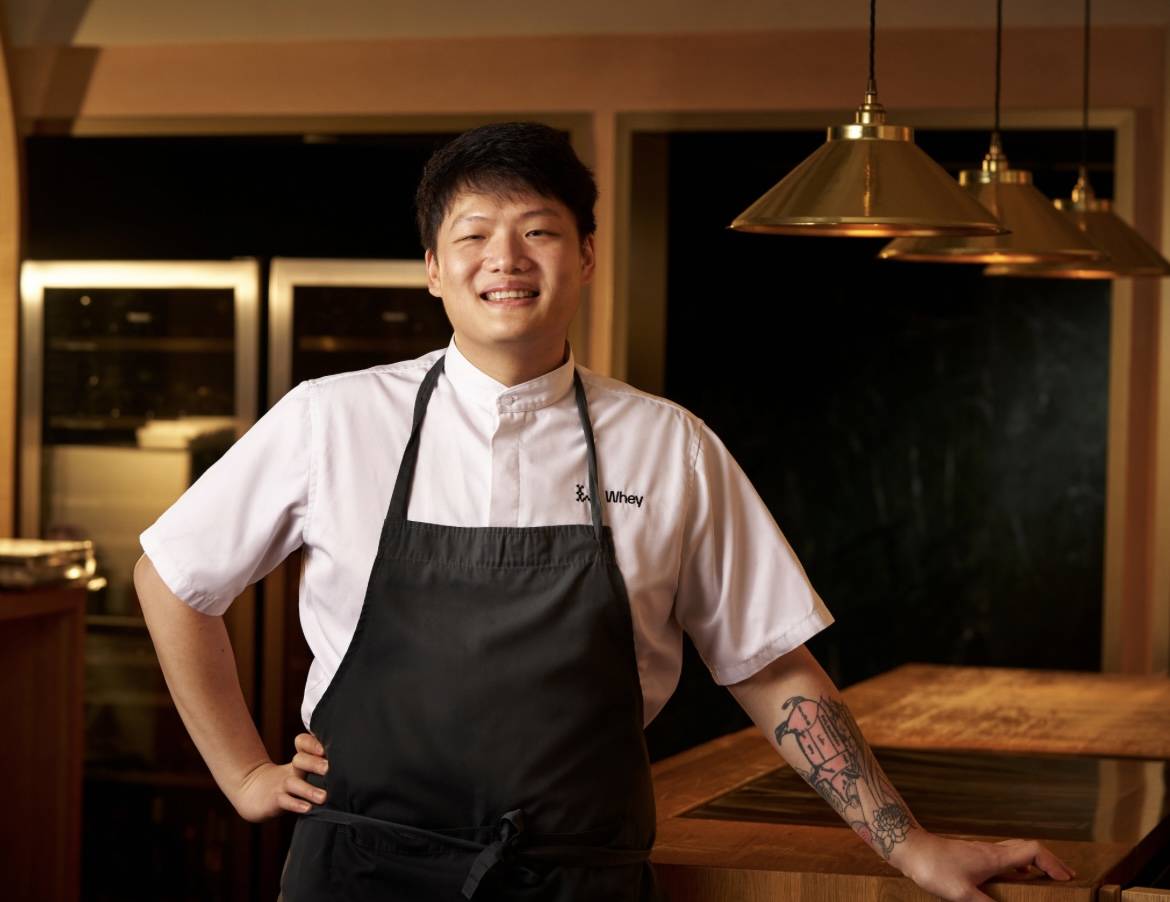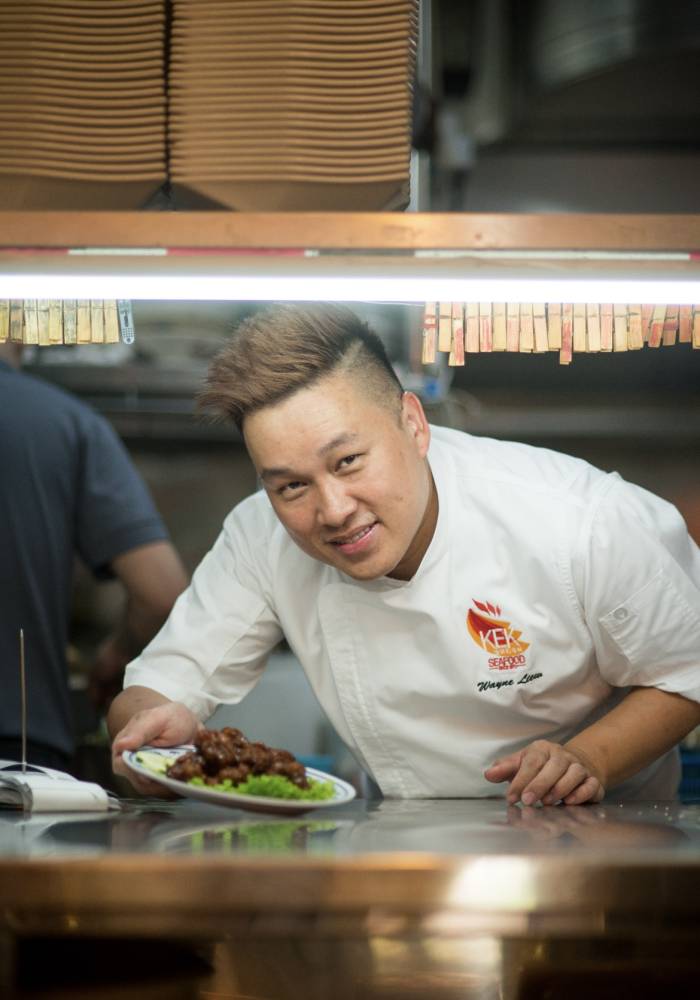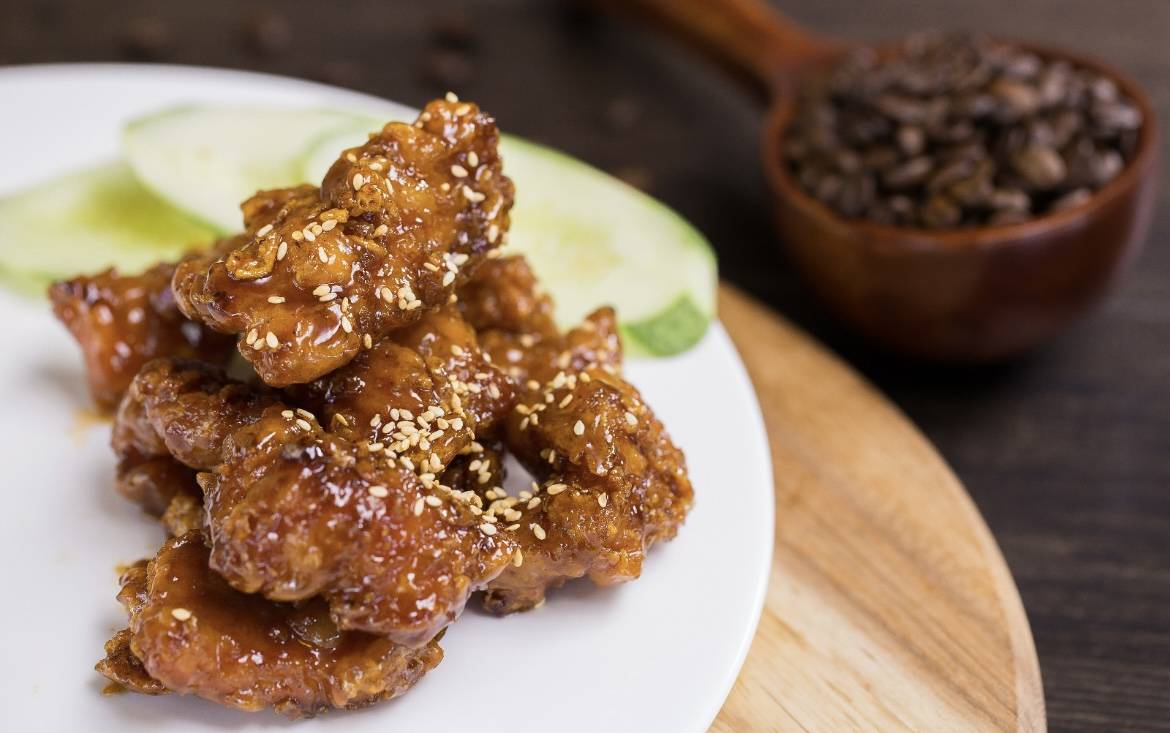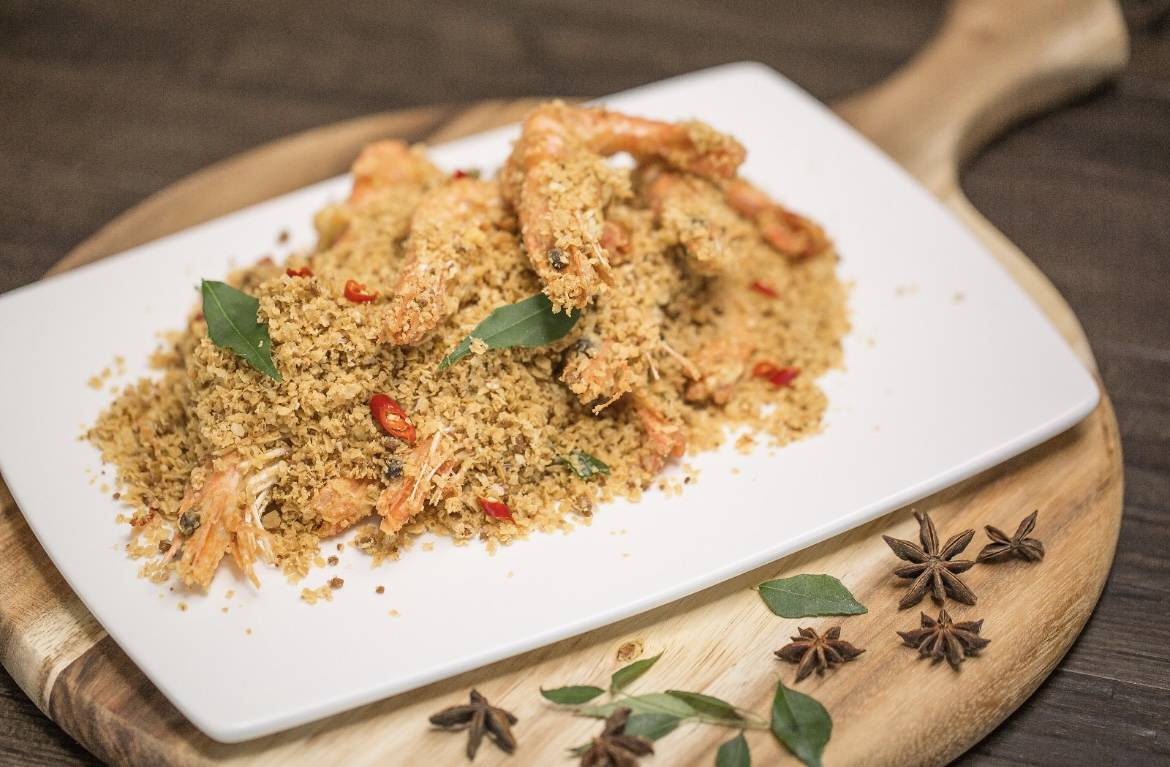The Philippines reinforces its title as a formidable Asian culinary hub

For the longest time, the country sat on the bleachers, watching others as they stake their claim on the dining table. But this 2025, the Philippines gets its rightful seat, front and center, as it becomes the most happening and busiest player in Southeast Asia when it comes to the field of gastronomy.
Stars aligning
The very first International Manila Food Festival, staged early this month, gathered Filipino chefs from all over the world under one roof—that of Newport World Resorts, to be precise. Spearheaded by Anton Diaz and Nicole Ponseca of New York’s Maharlika and Jeepney restaurants, the four-day event held numerous collaborations, a grand tasting, and a congress to talk about sustainability, food innovation, and heritage preservation, among others.
“Our strength lies in our diversity, with Filipino cuisine celebrated for its bold flavors, interpreted by chefs, cooks, and food artists around the world,” says Diaz. “Rooted in the motherland, this festival is celebrated annually to unite us all with a shared purpose: to make Filipino gastronomy world-class.”
Taking part in the homecoming were Lordfer Lalicon of Kaya, Florida’s first recipient of the Michelin Green Star; Erica Paredes who is stirring the French restaurant scene with the lauded Reyna; and Tara Monsod, San Diego’s first James Beard Award’s finalist for Best Chef California.
Early in the year, it was announced that the Michelin Guide is finally coming to the country, starting with Cebu, Manila, and its surrounding areas. Rumors about its anticipated arrival have long made it to the grapevine, and through the efforts of the Department of Tourism, that will be realized, at long last, as the restaurant guidebook is expected to be published in the fourth quarter of the year.
But while that is in development, the country has a bunch of other exciting endeavors that has the country shining bright under the culinary spotlight.

Singapore invades Makati
The second installment of the successful SingaPob, which launched two years ago and had a hiatus in 2024, makes a much anticipated comeback with more food establishments joining the three-night event in several locations in Poblacion. Running from Aug. 28 to 30, the bar takeover is now joined by beloved zi char restaurant Keng Eng Kee, which is serving their popular dishes—coffee pork jowl, salted egg prawns, and chili crab with fried mantou—to lucky diners over at Super Uncle Claypot.
Hapag at the Balmori Suites is also participating by collaborating with Malcolm Lee of Candlenut and Pangium fame. To be held over two nights, the dinner features a special menu, rooted in shared stories and regional ingredients, as immortalized by dishes like tiyula itum with bakwan kepiting, palabok laksa johor, and smoked pork keluak dinuguan.

Aya is also part of the action with Singaporean bartender Sasha Wijidessa of awarded science-meets-spirits bar Fura, mixing their sustainable style cocktails. She brought with her their signature New Yuck City made of guava and calamansi as well as a drink inspired by the Philippines called Dirty Banana.
Other notable takeovers include Origin, No. 60 in Asia’s 50 Best Bars, at The Spirits Library; Jigger and Pony, No. 5 in World’s Best Bars, at Oto; Mama Diam, which will serve both food and drinks at Polilya; Night Hawk, No. 74 in the world, at Opal; and Offtrack, No. 23 in Asia, at Run Rabbit Run.
With this notable event, the Philippines is proving that it’s not just a destination for food but also a worthy hub for cocktails.

Terra Madre Asia & Pacific
Held biannually in Turin, Italy, Terra Madre—founded by Slow Food International—brings together a global network of people who promote good, clean, and fair food systems. For the first time this 2025, it will have an Asian chapter and it will be held in Bacolod City.
Under the theme “From Soil to Sea: A Slow Food Journey Through Tastes & Traditions,” the five-day event will be hosting taste workshops, cooking demos, and conferences to broaden our knowledge on subjects such as sustainability and biodiversity.
“After seeing the success of Terra Madre Visayas, then-mayor Albee Benitez, me, and Slow Food Negros Community president Reena Gamboa began planning Terra Madre Asia & Pacific, consulting regularly with Paolo di Croce (Slow Food International), governor Lacson, mayor Benitez, and secretary Frasco,” says Ramon Uy, Jr. “In September 2024, the Philippines sent its largest delegation to the event with 130 delegates and the biggest booth with a full kitchen. This milestone reinforced the plan to host the Zero Edition of Terra Madre Asia & Pacific in Bacolod in November 2025.”
Congressman Albee Benitez says, “The Philippines remains one of the world’s biodiversity-rich countries despite the pressures of industrialization and globalization. By embracing the programs of the slow food movement, we can safeguard this ecosystem and ensure the sustainability of our local ingredients. Without these, our culinary heritage, our biodiversity, and even our environment will inevitably decline.”
He adds, “Positioning Bacolod as a hub for slow food with purpose will heighten local awareness of the hidden treasures in our culinary and agricultural heritage. More importantly, it can serve as a model for the entire Asia-Pacific region. Hosting Terra Madre Asia and the Pacific every two years in Bacolod will not only attract and inspire delegates from across the region but also put the city on the map as a center of sustainable gastronomy.”
It promises to be the biggest gathering of industry players in the country. Among those confirmed to attend and participate from Nov. 19 to 23 are over 100 chefs, including Ardika Dwitama of August in Indonesia, Wes Kuo of Embers in Taipei, Melissa Miranda of Musang in Seattle, and Jordy Navarra from Toyo Eatery. Bartenders are also expected to be present, including Danny Park of Zest in Seoul, Agung Prabowo of Penicillin in Hong Kong, Daniel Nguyen in Song Cai Distillery in Vietnam, and James Beard winner and author of “Slow Drinks” Danny Childs.
What’s cooking?
What can we expect come November? A lot of things. But essentially, beyond the events, Bacolod will carve out a distinct niche in experiential tourism; visitors will come to taste the region’s unique local ingredients such as batuan, criollo cacao, blue crab, and kadios, among others; farmers will gain higher incomes; and chefs and cooks will have more opportunities.
Plus, the hotels and restaurants will thrive as hundreds of people are expected to come. In the end, the entire community benefits.
All eyes are on the Philippines, and we’re more than willing, able, and ready to satisfy their appetites with our food, our culture, and our hospitality.
Angelo Comsti writes the Inquirer Lifestyle column Tall Order. He was editor of F&B Report magazine.





















